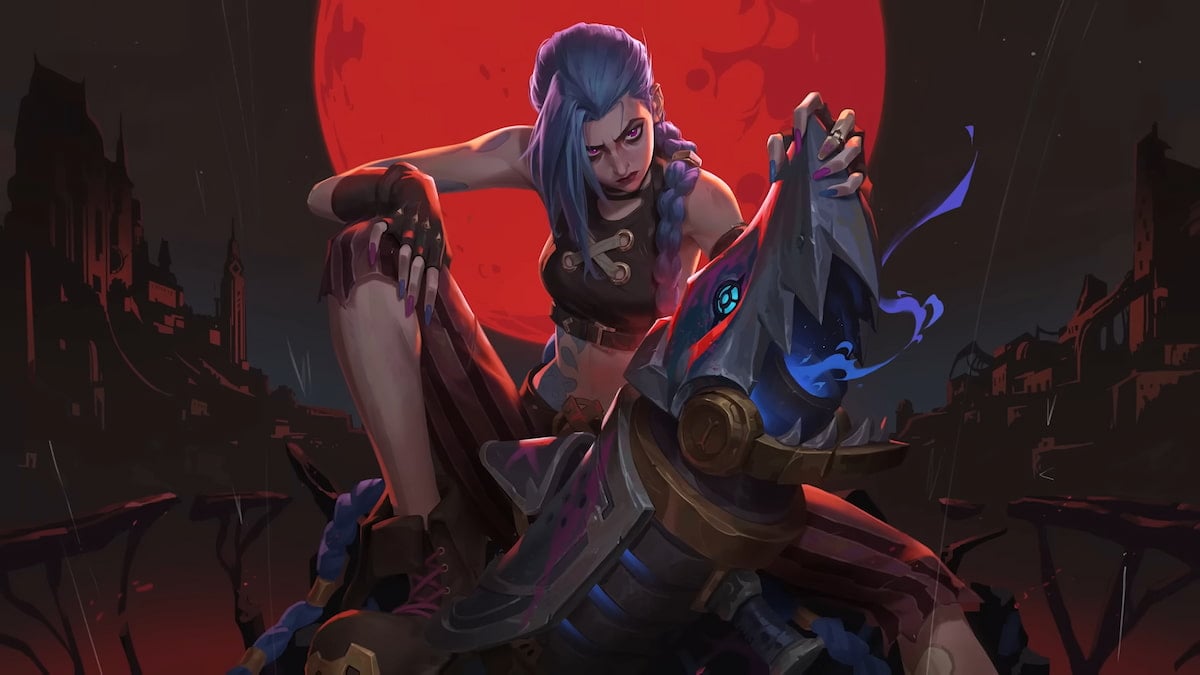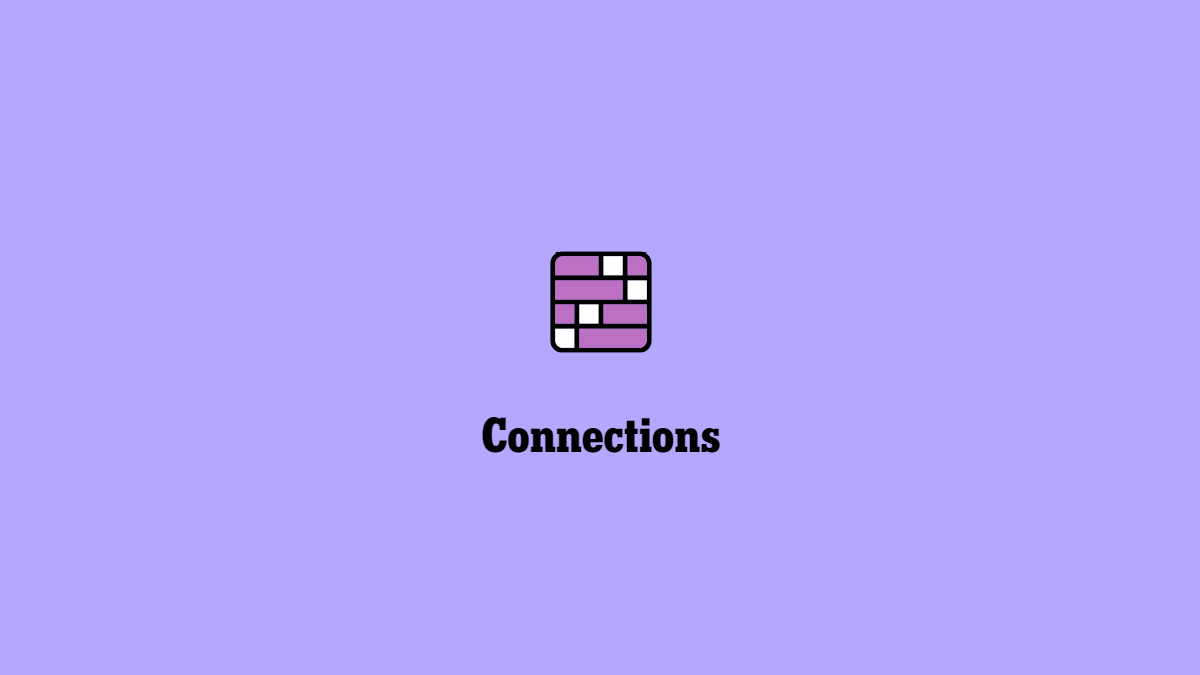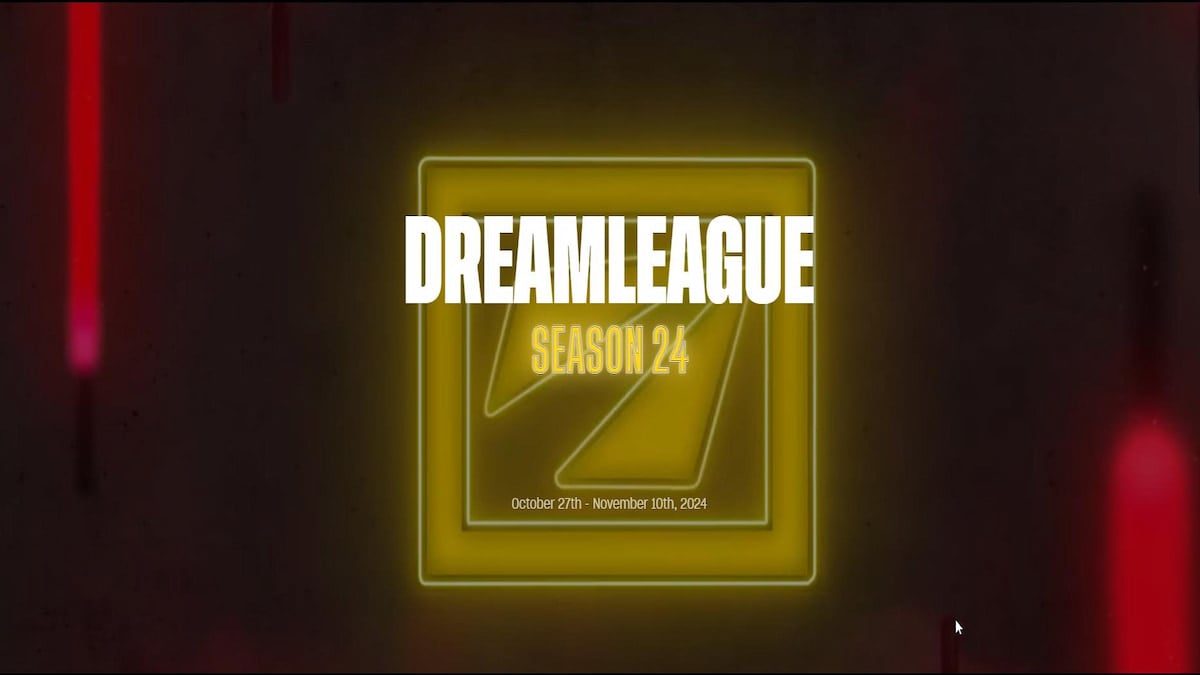We were joined by Jakub “Lothar” Szygulski from G2 Esports to discuss the future of Riot Games’ Valorant. Lothar shared his views on a variety of topics regarding the newest competitive first-person shooter (FPS) title, including how the game is proceeding so far, the value of the grassroots growth that Riot is fostering, and his surprisingly firm support of Vanguard as an anti-cheat solution. [videoplayer key=”DailyNewsRecap052020-1590003996446″ fixedWidth=”true”]
Daily Esports: Could you tell us a little about yourself? Obviously, you’re a prominent figure on Twitch, but we’d like to know some more about your occupation in G2 and what your role is within the organization.
Jakub “Lothar” Szygulski: I joined G2 in 2014 when it was still called Gamers2. And back then I was a professional player for a Hearthstone division that I was the captain of, and I created the team that was actually transferred to G2. We were best team in the world for two years in a row. I also had the Chief Gaming Officer position for two years and was also streaming at the same time. So I had my hands full for the first few years in G2. After a few years I actually started playing Fortnite competitively. And that was my next step in my career in esports, and this is a very, very quick TLDR. After that, basically when my wife got pregnant I had to think about how to proceed with my life, and what I wanted to do was to reduce the amount of work I’m doing. So I withdrew from the business operations in G2 and focused only on streaming, and that’s basically from 2018. From then I went into full-time streaming, and that’s been going for two years now.
So you’ve been streaming quite a lot of Valorant recently. How are you enjoying Riot Games’ newest title so far?
Lothar: I do enjoy it quite a lot because it reminds me of Counter Strike 1.6. Counter-Strike 1.3, 1.5, and 1.6 were the games that I played a lot when I was way younger, like 20 years ago. And that was like my favorite thing to play. 1.6 has a lot of fun memories for me, and (Valorant) is just so similar to the title that when I started playing it, it just felt like this nostalgia feeling kind of hit me and I instantly fell in love with it. That’s why I enjoy streaming and playing it. 
As we know, Valorant is coming out of the closed beta on May 28, and the release is set for June 2. From your current playtime, would there be any things you would change based on the current state of the game?
Lothar: I can be nitpicking, I’m sure. The game has great fundamentals as I wouldn’t say there are any things that are fundamentally flawed in the game, and that’s a good thing. Obviously, there are problems with some of the netcode and so on, but this is something that the developers are working on in their world. Same goes for the FPS issues, so this is not something that I should be mentioning basically. But if I would like to be nitpicking, then I would say that the bracket system needs an overhaul because right now it’s very… Let’s say it’s just lacking. It’s very straightforward and easy to understand and very accessible for everyone because there’s just one queue. You just play ranked and that’s it and you can play alone and play as two people — three, four, or five. But from a competitive standpoint, I would say this kind of ranked system doesn’t really benefit anyone, apart from people who want to play in a five stack, and I understand why they did it this way for the closed beta. But my hopes are that when the game gets released, there’ll be a proper solo queue and at least solo queue and a flex where everyone can play, but if you want to play solo queue there should be a separate line, with a separate rank.
As we know, a ton of CSGO professionals have decided to transition into the new competitive scene of Valorant. Pros such as swag, freakazoid, recently jdm64. What do you think is the reason for this? Why are pros as young as TenZ switching over to Valorant?
Lothar: I guess it’s the oversaturation in CSGO that is the main issue for players like that. It’s just so many people playing it. (There are) so many people and not so many spots in the top teams all over the world, so you have a really big competition when it comes to battling for those slots in those teams. (That’s) one thing, but at the same time I feel like the second biggest, or maybe the biggest, factor would be burnout. You know, you get a boost of power, a boost of energy whenever you play something new that you enjoy. And when someone is starting to love a new game, I feel like that’s something that was their motivation. And … if you play CS for 10 years or something like that, you might actually get a little bit used to it to a point where you might need a break, or you might need to get into something new to just get your motivation back, and I feel like that’s something that some people may be looking for. A certain change of pace, basically. 
Do you think that Valorant is a direct competitor of CSGO? Do you think that upon release, Valorant may hinder the popularity of CSGO?
Lothar: I mean, it might chip a little bit from it. I don’t think CS is … let’s say “endangered” in its position because it’s so ingrained into the esports culture. Like basically when you think about esports, it’s Counter-Strike and League of Legends, and those are the two main two titles. And hopefully also Rocket League, because Rocket League in my opinion is the best esport title to watch in general because it’s so easy to understand and so accessible. But I don’t think that CS has to worry about anything. If anything, (Valorant) can only help CS as well because Valorant will bring so many people, so many new people, over to this genre, and maybe some people that never played CS. And when they start playing Valorant, they will be likely to check out Counter-Strike because it’s such a similar game. But the thing is — games are similar when it comes to the fundamental ideas, but when it comes to the way you play the game, they are completely different anyway. So someone who enjoys CS will still play CS, someone who will enjoy Valorant will basically still play Valorant, and that’s it. I don’t think CS will see any declines that will be like measurable in, you know, thousands of players. If anything, I would say that Valorant will make CS better by having competition.
What do you think Riot Games has to do right moving forward in order for Valorant to become a successful esport?
Lothar: They definitely won’t do something that Blizzard did with a lot of their titles. And that is they’ll force the grassroot system. I mean, Riot will force a grassroots system and that’s the most important thing, because they know how important the grassroots system was for League of Legends as well. And this is what we’re gonna see and I’m very happy about it because we’re gonna see a lot of third-party tournaments coming in. A lot of grassroots movements that will allow Valorant to build its community from the ground up, and it’s so important to have that in any esports basically. You know, a game is an esport, where it only has two things to do. An esports game is when people want to compete in it, and people want to watch it. So, there will be people that will be watching the competition, and there will be people wanting to play in the competitions. (Riot has) to maintain those two things. And how do they maintain that? By making a good grassroot system that is easy to maintain. Like for example, making it easy to get a license for a tournament as it’s very important to make that easy for the tournament organizers and so on, or help the community with constant patches on the game. And we know that Riot really loves (patches); biweekly patching (have been) released in League of Legends for years. The same goes for TFT, and hopefully in Valorant we’re gonna see the same. And they really do care about what the community thinks about the game, so they tailor it towards the community. If we have constant updates in the content and on the balance of the game, I think that’s something that will open a lot of eyes in the community. (It’ll feel like) their own game because not many games have such a devoted community and devoted group of developers like Riot has when it comes to the titles. That comes from my experience in TFT and League of Legends. You know, I never spoke with so many developers before from one company than when I started my own relationship with Riot. 
What are your thoughts on the intrusive anti-cheat that Riot has implemented in Valorant, Vanguard? In the world of esports and competitive titles, is that something that is necessary or did Riot overdo it?
Lothar: I might be in a very small minority when it comes to my opinion. I really hate cheaters. Like, that’s something that makes me disgusted. And if a developer of a game that I love and I want to compete in would tell me: “Look, we’re gonna watch everything that’s going to be happening on a PC and while playing the game, and we’re going to do it to everyone who wants to compete in the game,” I’ll be like, “Do whatever you want.” I don’t really care. My PC is for gaming; I don’t really care about anything else. I want to have a competition that is fair. I don’t want to have any cheaters — do whatever you want. I understand that people might be upset about the intrusiveness of it. I honestly don’t care. In my opinion, there should be even more precautions, and developers should be more strict how they deal with cheaters. And if you don’t want to play the game, then don’t play the game if you’re not okay with it.
Thank you very much for your time, Lothar. Your insight has been extremely valuable. We wish you all the best in your streaming career.
Make sure to follow Lothar on Twitch. For more exclusive interviews and the latest Valorant news, follow us at Daily Esports. [This interview has been edited for clarity and brevity.]





Published: May 25, 2020 02:14 pm